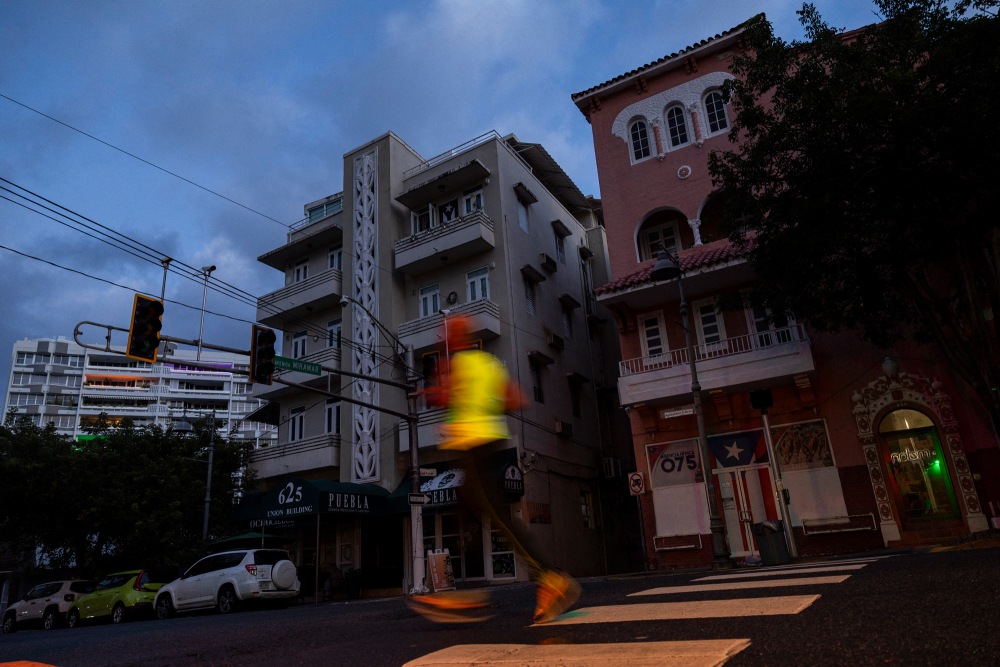
At a Wall Street Journal conference last week, Chesapeake Energy CEO Aubrey McClendon told attendees: “I don’t know of any problem with air pollution from fracking in Fort Worth” Texas. McClendon peevishly referred to air pollution concerns raised by Riverkeeper President Paul Gallay [whom McClendon refused to share the stage with] as “environmental nonsense.” Since then, industry-sponsored posts like this and this argue against links between fracking and air pollution.
Well, read on. Then decide who’s spouting “nonsense”:
TCEQ’s latest estimates of air emissions tell us that oil and gas operations in the Dallas-Fort Worth region emit more smog-causing volatile organic compounds (VOCs) than all cars, trucks, buses, and other mobile sources in the area combined (114 tons per day of VOCs for oil and gas production and drilling versus 80 tons per day of VOCs for mobile sources). These same statistics show that VOCs associated with oil and gas production have increased 60% since 2006.
In 2011, Dallas-Fort Worth violated federal ozone standards on more days than anywhere else in Texas, including Houston. Ozone, a corrosive gas that can exacerbate asthma and other respiratory diseases, is created when VOCs like petroleum hydrocarbons mix with heat and sunlight. Dallas is a “particularly extreme case,” of recent increases in air pollution in Texas, according to David Allen, a chemical engineering professor and state air-quality program director.





 As parts of the central U.S. recover from a deadly outbreak of severe weather, a line...
As parts of the central U.S. recover from a deadly outbreak of severe weather, a line... The island of Puerto Rico is suffering another island-wide power outage, just months after a dayslong...
The island of Puerto Rico is suffering another island-wide power outage, just months after a dayslong... Letters went out to hundreds of workers at the National Oceanic and Atmospheric Administration (Noaa) on...
Letters went out to hundreds of workers at the National Oceanic and Atmospheric Administration (Noaa) on...






























